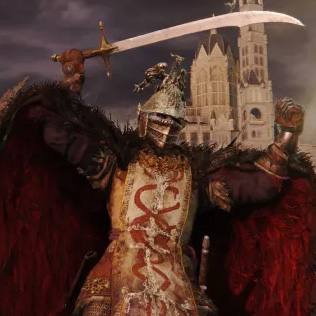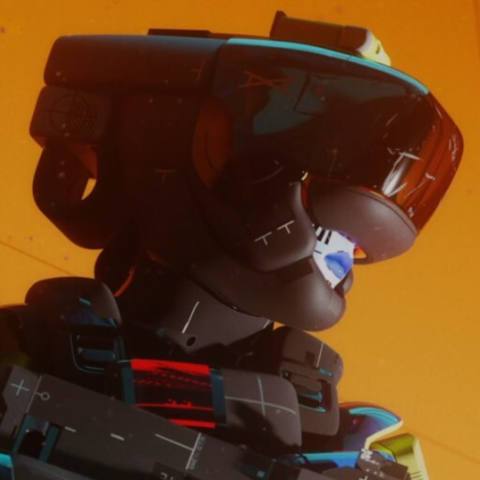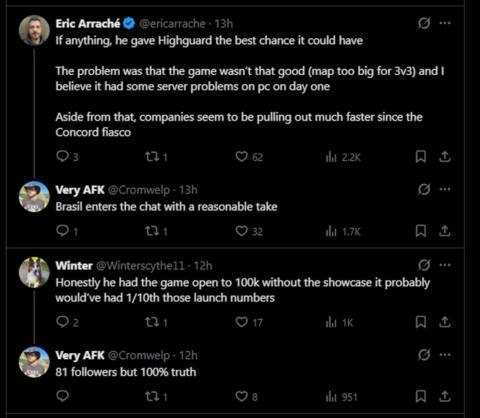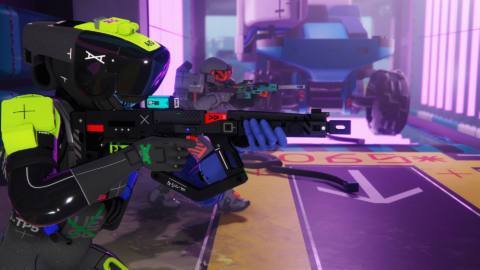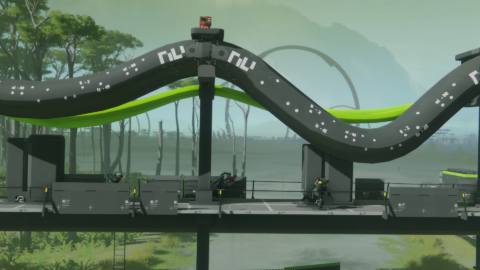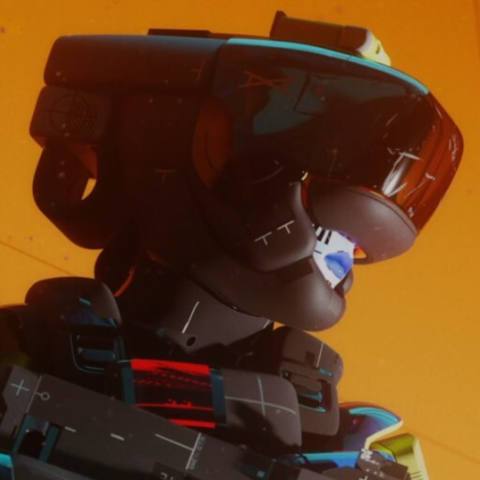There’s so much going on in this absurdly ambitious compilation that we’ve given it an award designed to celebrate its sheer dedication to the craft. For more awards, check out our Game of the Year 2024 hub.
Evan Lahti, Strategic Director: Imagine the jackpot feeling of stumbling upon, perhaps while excavating some beige office tomb that has laid untouched since the ’90s, a sealed box of 50 never-released retro games. This is the sensation UFO 50 delivers, rediscovering the pleasant imperfections of games from another era at whatever pace you’d like.
UFO 50 is passion project created in Gamemaker by Derek Yu (Spelunky, Spelunky 2), Paul Hubans (World of Goo), Eirik Suhrke, Ojiro Fumoto, Jon Perry, and Tyriq Plummer—an indie dream team—and a piece of its joy comes from discovering the varied tastes and sensibilities of these creators.
What makes the collection a singular creative achievement is the way it lovingly reproduces the charming flaws (under-explained mechanics, unforgiving fail states) and timeless merits (two-button control schemes, few barriers between players and play) of games from the ’80s and early ’90s. When I had trouble beating Devilition, a tough puzzle game where you blow up demons on a grid to protect helpless pilgrims, I popped into the cowboy JRPG. After dying to a boss there, I tried the Pac-Man-and-Splatoon-with-cars game, and then Golfaria, which must be the world’s first adventure game where you are a golf ball. There’s an underworld caterpillar race betting simulator (you can pay to have opponents drugged, banana peeled, or crippled, just don’t get caught), a tough speed-platformer from the creator of Downwell, and to come down from it, a serene, floaty platformer that takes place in a walrus’ daydream.
These goofy premises belie how cohesive, complementary, and deep some of these games are. Some of them could’ve gone for $7 each on Steam, disproportionate value given UFO 50’s modest $25 price. One of the centerpieces is Pilot Quest, which crams an idle game’s passive resource-earning inside the north-south-east-west wandering of Zelda, a game concept that feels indulgently like it exists in two eras simultaneously.
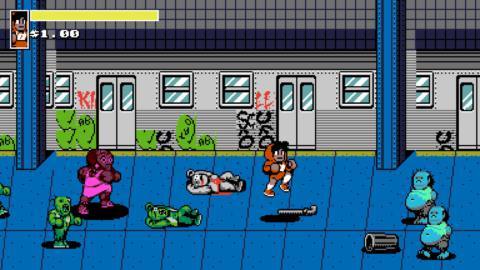
My favorite is Overbold, basically Smash TV distilled to its essence: a confining arena that monsters spill into, and only eight discrete directions at which to point your gun. I love the try-your-luck mechanic of it, which allows you to take on more enemies in any given round with a proportional reward, which provided so many moments of “Surely this is the run, I’m nailing it!” hubris because I rolled one two many mobs of exploding pumpkin robot in my monster menagerie.
Any released videogame is a miracle. Several dozen of them, from the same small team, is a constellation of them, an eight-year game jam that transcends time.
Shaun Prescott, Australian Editor: UFO 50’s most unlikely success is its storytelling. Played consecutively, these 50 (?) games provide a fictionalised account of one of the most critical periods in the medium’s history, taking in the emergence of franchises, sequels, threequels and mascots, all with the charming tentativeness of pioneering efforts. That’s not even to mention the story of UFO Soft itself, told in dribs and drabs through game descriptions and the distinct design sensibilities of its fictional crew. For those invested in this surprisingly strange tale, there’s a literal hidden layer to UFO 50 that will amply reward curiosity.
Wes Fenlon, Senior Editor: I too am infatuated with the light narrative UFO 50 weaves between its imaginary cartridges, with the descriptions giving you little bits of imagined history about the developers behind each game. Despite the brevity of text, the history of UFO 50’s fake console is deeply thought out—you can see real parallels to gaming history with the increased ambitions of what 8-bit graphics were capable of in the jump from Mortol to Mortol 2, for example.
More importantly, the sequels and spiritual successors within the collection are beautifully focused examples of how game designers can take the kernel of an idea and build on it. Mortol 2 keeps the first game’s almost Lemmings-like puzzle platformer concept, which relies on sacrificing the brave but faceless citizens of Mortol by the dozens, but refashions it to include specific character archetypes with their own moves. A gunner, a ninja, and a warrior all in the same world? You don’t get more videogames than that.
As Evan says, some of the best of UFO 50 could easily stand alone, but they really are enriched by being placed right next to each other. I spent a whole sick day in bed 100%ing the surprise first metroidvania in the collection, Porgy, because the submarine was just too cute. That ate up five hours, and after such a deep time investment it turned out that UFO 50’s Party House was exactly what I needed as a palate cleanser: a bite-sized puzzle riff on a deckbuilding card game, but about inviting a bunch of freaks ’round the house. It seems throwaway yet is instantly compulsive. I could keep blabbing about how cool this whole collection is as a whole, but if you want the real takeaway, let’s just go with: Party House GOTY.

